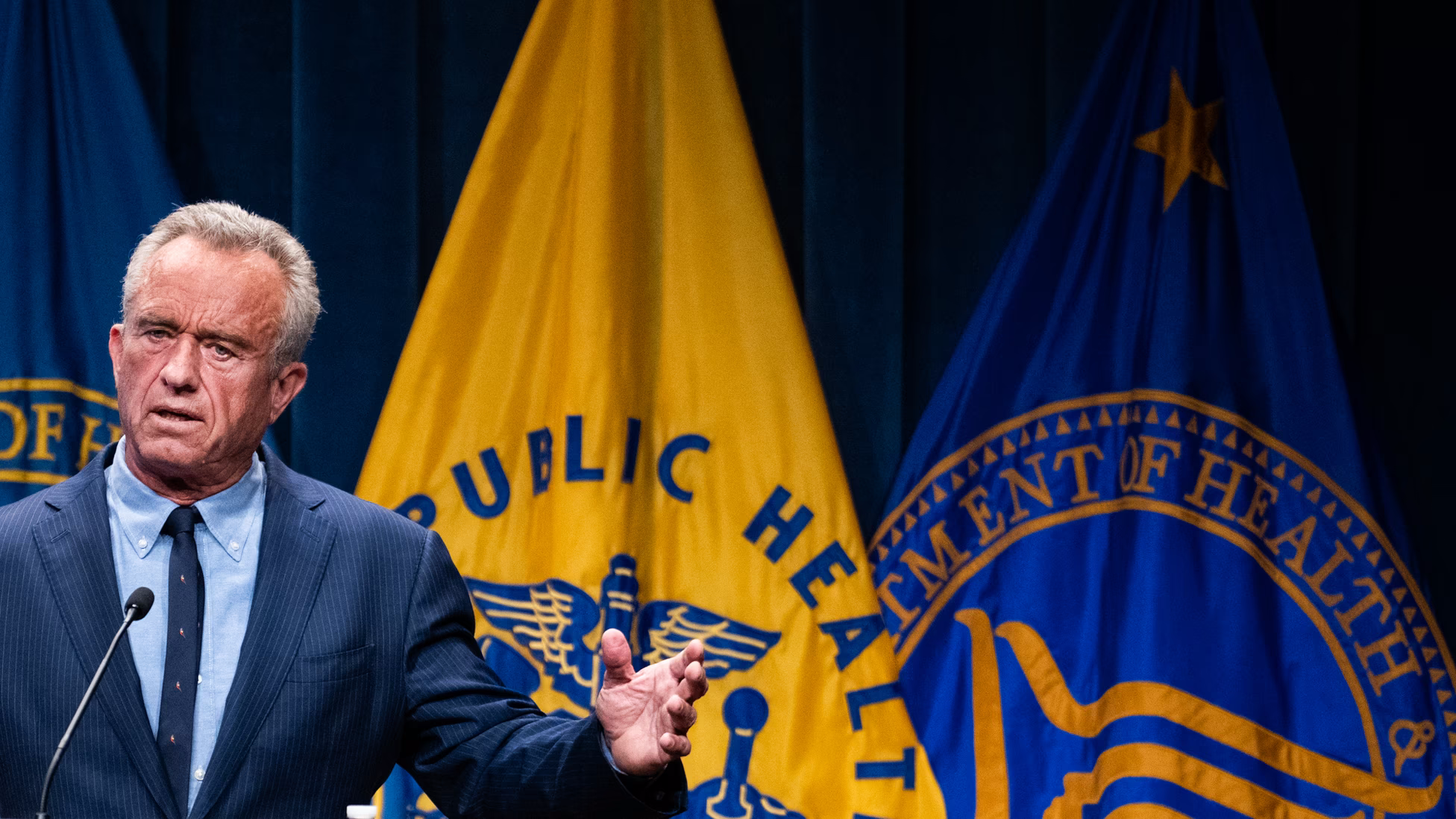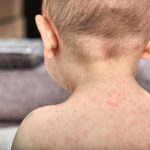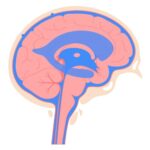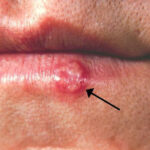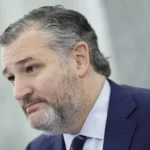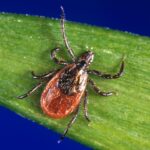The field of autism research has seen significant advancements over the past two decades. Experts from around the globe convene annually at events like the International Society for Autism Research (INSAR) to share groundbreaking discoveries.
This spring, over 2,200 specialists from more than 50 countries gathered in Seattle. A palpable sense of intellectual excitement filled the air, driven by a shared belief in the importance of their work and the continuous progress being made. Awards were presented, and emerging researchers had invaluable opportunities to connect with leaders in the field. The insights presented at INSAR conferences have profoundly shaped the global understanding of autism, sustained by an optimism that outsiders cannot easily diminish.
However, a notable exception to this prevailing scientific consensus has emerged in the form of U.S. Secretary of Health and Human Services, Robert F. Kennedy Jr.
Kennedy’s Ambitious, Yet Flawed, Research Initiative
In April, just before the INSAR conference, Kennedy announced a significant research initiative. He promised that his agency would uncover the cause of autism, or at least provide “some of the answers,” by September. This timeline was later extended into the following year. He pledged to involve “the most credible scientists from all over the world” in this effort.
Ironically, many of those very scientists were gathered at the INSAR conference. Yet, none of the researchers we spoke with had been contacted to participate. Nor did they anticipate receiving such an invitation. In his public speeches and interviews as Health Secretary, Kennedy has consistently expressed disdain for mainstream autism research. He has largely dismissed the extensive insights gained over years of study into this incredibly complex condition. Instead, leveraging the considerable authority of his federal office, Kennedy appears determined to pursue his own long-held theories about autism.
Debatable Claims and Unfounded Theories
Kennedy’s theories can be broadly categorized into three main points. First, he asserts that the world is currently experiencing an “autism epidemic.” This claim is highly debatable among scientific experts. Second, he postulates that autism is caused by one or more “environmental toxins.” This suggestion incorrectly implies that environmental factors have not already been thoroughly explored by researchers. Finally, he promotes the idea that powerful interests are actively trying to suppress this information. This conspiracy-esque viewpoint lacks any substantive evidence.
David Amaral, research director at the MIND Institute at UC Davis and a co-founder of INSAR, shared his concern. He stated that Kennedy’s characterization of autism research makes it seem “as if nobody’s been doing anything for the last 30 years.” Amaral was one of over a dozen veteran researchers interviewed during the four-day conference. Their expressions darkened whenever the conversation turned to Kennedy’s intervention in their domain. They have collectively witnessed the Health Secretary’s efforts to steer the narrative of autism science in America. Their shared assessment is clear: Kennedy’s actions are detrimental to the field.
Misunderstanding the Science: A Genetic Perspective
The core issue, in the researchers’ view, lies in Kennedy’s understanding of the science. They believe he either fundamentally misunderstands it or deliberately refuses to acknowledge established facts. For example, Kennedy has criticized the amount of funding allocated to studying genetic causes of autism, labeling this avenue a “dead end.”
During a break between sessions at the conference, geneticist Joseph Buxbaum sat with us in an empty meeting room. He meticulously sketched out numbers and timelines on a piece of cardboard, illustrating the flaws in Kennedy’s perspective. The genetic underpinnings of autism were first identified through twin studies as far back as the 1970s. With the advent of human genome sequencing, it has now been revealed that approximately 80 percent of the likelihood of being autistic is rooted in heritability. This year at INSAR, one of the most promising presentations highlighted the significant progress being made toward genetics-based treatments. Buxbaum expressed his shock at Kennedy’s apparent disregard for expert input.
Funding Cuts and Research Stagnation
Compounding this challenging situation are the broader administrative actions impacting autism research. The Trump administration’s series of executive orders focusing on Diversity, Equity, and Inclusion (DEI) and proposed cuts to government spending (DOGE) are undermining funding for autism research. The Autism Science Foundation has initiated a questionnaire to gather reports from researchers about lost funding this year. So far, dozens of responses have been received, collectively indicating more than $80 million worth of halted research projects and pending grants that will now not materialize. This has led to job losses and the postponement of future discoveries, potentially indefinitely.
The Vaccine Controversy: A Persistent and Debunked Myth
Emily Hilliard, a spokesperson for the Department of Health and Human Services (HHS), stated via email that Kennedy’s team is “fully committed to leaving no stone unturned in confronting this catastrophic epidemic—employing only gold-standard, evidence-based science.” However, it remains unclear who Kennedy relies on for scientific expertise. Hilliard did not provide further information about the scientists involved in the Health Secretary’s initiatives.
It appears Kennedy’s singular view on expert consensus is driven by a personal agenda: to implicate vaccines as the cause of autism. He has reportedly reshuffled the ranks of the CDC’s vaccine-advisory committee. This new committee includes scientists who lack specific expertise in vaccines and have openly expressed anti-vaccine views. Furthermore, he has reportedly appointed the son and frequent collaborator of a well-known anti-vaccine activist to examine federal databases for evidence of a vaccine-autism link. This activist has long promoted false connections between vaccines and autism.
The Origins of a False Narrative
Kennedy has a long history of advocating this debunked conviction. A quarter-century ago, the now-discredited British researcher Andrew Wakefield claimed to have found a temporal association between the administration of the MMR (measles, mumps, rubella) vaccine and the onset of autistic symptoms in young children. This marked the beginning of a self-perpetuating cycle of misinformation.
As more parents opted to refuse the MMR vaccine, the news media perceived a valid trend story. Just four months after Wakefield’s study was published in The Lancet (which later retracted the article), MMR vaccination rates in South Wales dropped by almost 14 percent. This fear quickly spread across the Atlantic. Kennedy himself brought further mainstream attention to the issue in “Deadly Immunity,” an article published in 2005 by Rolling Stone and Salon. Both publications later retracted the story due to its inaccuracies. Numerous books and documentaries were produced, and protests were organized, all fueled by the supposed danger of vaccines.
A Double-Edged Sword: Fear and Funding
It is difficult to recall now, but prior to this period, most people had limited awareness of autism. Almost overnight, parents everywhere became fearful of the word “autism” and anxious about the potential implications of a doctor’s needle for their child. This fear had significant negative consequences. It led to the stigmatization of autistic individuals, who were often perceived as “damaged.” It also resulted in a broader decline in vaccine uptake, a loss of public trust in science, and a pervasive sense that something dangerous had been unleashed upon the population, particularly impacting children.
However, this heightened attention also yielded some constructive outcomes. Parent activists capitalized on the public concern to pressure Congress into allocating funding for autism research. Significant funding began flowing in earnest in 2006, with an initial five-year allocation of $945 million. Since then, the total investment has reached approximately $5 billion, supporting university labs and research centers across the U.S. This substantial investment yielded tangible results: the understanding of autism improved significantly. The vaccine question was a top research priority from the outset. Numerous epidemiological studies repeatedly, exhaustively, and emphatically demonstrated that vaccines do not cause autism.
Despite this overwhelming scientific consensus, it is clear that RFK Jr. remains unconvinced.
Outdated Language and Stigmatizing Views
When Kennedy speaks about autism today, it is as if the past 20 years of research and evolving understanding simply never occurred. It’s not just about the reemergence of a debunked claim; it’s also about the language he employs to describe what he believes being autistic entails. In an April press conference, he ignited a firestorm within autism communities when he characterized children with autism as “kids who will never pay taxes. They’ll never hold a job; they’ll never play baseball; they’ll never write a poem; they’ll never go out on a date. Many of them will never use a toilet unassisted.”
This “tragedy framing” and sorrow-inducing language directly echoes the 20th-century perspective on autism. During that era, individuals with an autism diagnosis were often treated as less than fully human. Many were subjected to abuse and isolation, frequently through institutionalization. After receiving considerable backlash for his comments, Kennedy clarified that he was specifically referring to children at the most severe end of the autism spectrum.
HHS spokesperson Hilliard stated that Kennedy “remains committed to working toward a society where people with autism have access to meaningful opportunities, appropriate supports and the full respect and recognition they deserve.” She added that his statements aimed to emphasize “the need for increased research into environmental factors contributing to the rise in autism diagnoses, not to stigmatize individuals with autism or their families.”
The Harmful Impact of Words
Nevertheless, the damage was done. Regardless of his intention, Kennedy’s way of speaking about autism seems to disregard how, for many, the prevailing narrative has shifted towards a more human-centered framework. In this contemporary view, autism is not seen as a disease or a tragedy, but rather as a difference that merits acceptance and support. His bleak terminology—referring to autism as “a disease,” stating it “destroys families,” and asserting “we need to put an end to it”—has left a significant negative mark.
Amy Gravino, an autistic individual who specializes in sexuality and relationship coaching, expressed her profound distress over Kennedy’s comments. She stated, “For the last 20 years, we as a community have fought against the rhetoric that RFK is now spouting. Everything we have tried to do to humanize autistic people has been potentially wiped away in one fell swoop.”
Many parents also took offense at RFK’s reductive portrayal of their autistic children as merely a collection of problems. This depiction ignores the inherent worth of these children as individuals, overlooking their capacity for joy, love, and creativity, as well as their intrinsic dignity. Sara Swoboda, a pediatrician in Boise, Idaho, whose daughter has an autism diagnosis, shared her perspective via email: “If the world uses a lens that is only based on deficits and struggle rather than the complexity and nuance that is a part of any human being, including and especially autistic people, that makes true belonging really hard.”
Data Collection Concerns and Trust Erosion
At the INSAR conference, a pediatrician raised concerns about Kennedy’s plans to create an “autism data platform.” The National Institutes of Health (NIH), the agency overseeing this platform, has only vaguely outlined the project. It would involve scraping data from various digital sources, including Medicaid claims, private-sector health records, pharmacy chains, insurance billings, and even smartwatches and fitness trackers. This proposal has not been well-received.
The pediatrician shared texts she had received from contacts across the country reporting that parents of autistic children were contacting their healthcare providers, pleading with them to remove any references to autism from their children’s medical records. Other parents who were awaiting autism assessments were calling to cancel their appointments.
When we reached out to nearly a dozen doctors and advocates about this issue, they confirmed receiving similar requests from parents in their practices and communities. Alycia Halladay, the chief science officer for the Autism Science Foundation, stated, “People are freaking out, and I don’t blame them. For the government to come in with no transparency and say we have the authority to take this data, that is scary to people.” Parents are expressing fears about lost privacy, the potential for their children to be stigmatized, and possible consequences related to insurance and job discrimination. More broadly, they do not want their children to be “marked” and fear a resurgence of outdated attitudes about autism.
Balancing Data and Trust
Data collection itself is not inherently a cause for panic. It is, in fact, the essential currency of epidemiology. This is how the vaccine theory was debunked, and how the CDC determines prevalence rates for various conditions. Typically, robust methods are put in place to ensure anonymity and the ethical distribution of data. Hilliard confirmed that “all NIH-managed databases follow the highest standards of security and privacy, with the protection of personal health information as a top priority.”
However, even if there is nothing to fear about this new database, scientific progress relies heavily on trust. That trust, unfortunately, appears to be significantly at risk due to the lack of transparency and communication surrounding Kennedy’s initiatives.
A Voice for Profound Autism: A Nuanced Perspective
Not everyone believes Kennedy is entirely wrong in his approach. His sometimes clumsy and offensive messaging has resonated with some families who feel seen by the Secretary for addressing a segment of the autistic population that receives minimal attention. These are individuals whose challenges range from moderate to severe and who, as Kennedy acknowledges, may never achieve true independence. The most challenged individuals, estimated at roughly 27 percent of the autistic population in a 2023 study, are those with IQs below 50 or whose ability to use spoken language is minimal to nonexistent. Some within this group can also be violent towards themselves, and their inability to comprehend danger has tragically resulted in frequent fatalities. These individuals often require round-the-clock supervision.
The Overlooked Narrative
For the families of such individuals, there is a deep-seated frustration that most people no longer associate autism with individuals like their children. Their experiences do not align with the popular narratives of autism, which are often favored by Hollywood and tend to focus on autistic individuals as quirky or brilliant. Science, particularly social science, has also shown less interest in studying this population, finding it easier to research individuals who can engage in conversations and complete questionnaires.
Furthermore, parents who risk sharing details of the struggles within their homes often feel like they have violated a taboo. They may face social media backlash, being accused of dehumanizing their children by being explicit about the challenging aspects of autism.
Kennedy, however, was explicit about these downsides. In response, Amy Lutz, a medical historian and the vice president of the National Council on Severe Autism, penned an article titled “RFK Was Right: Severe Autism Can Be Devastating.” Lutz, who is the mother of an adult autistic man, acknowledges that Kennedy is certainly mistaken about many aspects of autism (such as the vaccine link). However, she argues that at least he is “shining a light on the segment of the autism spectrum that has been increasingly marginalized by a focus on the most capable.”
Caution and Concern Among Experts
During our final full day at INSAR, we attended a luncheon sponsored by the Profound Autism Alliance, an advocacy organization. Seated around three long tables were psychiatrists, psychologists, pediatricians, and educators, all dedicated to serving the marginalized 27 percent. That morning, they had witnessed a significant moment in their field: a presentation at the conference advocated for the formal recognition and definition of “profound autism” as a new diagnostic category. The widespread acceptance of this new framing remains to be seen.
Kennedy had no involvement in this presentation. Nevertheless, we asked the group about the Health Secretary’s role in drawing attention to profoundly autistic individuals. There was, at best, a grudging acknowledgment that he had done so. However, the researchers, whom we agreed not to name to allow them to speak without fear of professional repercussions, were far more concerned about the harm they feared Kennedy is causing, and will continue to cause, by “parachuting,” uninvited, into their realm.
The risk, they articulated, extends beyond mere harm to science or potential disruption to their own work or the careers of those just beginning in the field who might now choose to avoid autism research. All of these, they emphasized, are secondary to the potential harm to autistic people and to those who know and love them.
The Illusion of a “Magic Pill”
The gravest concern is the possibility of faulty science gaining traction and identifying a “cause” that is not a true cause, such as vaccines. This would wrongly imply that the next logical step is to find an “antidote” to that cause. This is a profoundly problematic proposition for several reasons. For one, many diagnosed autistic individuals express no desire to become “unautistic.” Moreover, a single, definitive remedy for the most debilitating manifestations of the condition is, quite simply, an elusive and phantom goal. As anyone who has seriously studied autism will attest, the condition is far too complex for such a simple solution.
As one pediatric neurologist at the profound-autism luncheon aptly put it, “If I had that magic pill, don’t you think I would give it to you?” There is no magic in science. This fundamental truth is precisely why so many researchers believe Kennedy’s approach is an exercise in offering false hope. The neurologist, drawing on years of treating children, concluded, “there’s nothing worse for a family than to be given false hope.”


